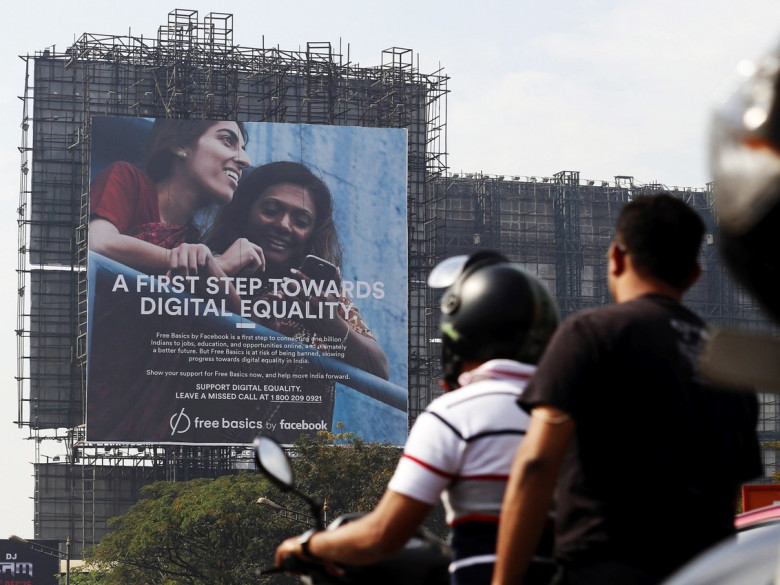What Happened to Facebook's Grand Plan to Wire the World?
In August 2013, Mark Zuckerberg tapped out a 10-page white paper on his iPhone and shared it on Facebook. It was intended as a call to action for the tech industry: Facebook was going to help get people online. Everyone should be entitled to free basic internet service, Zuckerberg argued. Data was, like food or water, a human right. Universal basic internet service is possible, he wrote, but “it isn’t going to happen by itself.” Wiring the world required powerful players—institutions like Facebook. For this plan to be feasible, getting data to people had to become a hundred times cheaper.
Zuckerberg said this should be possible within five to 10 years.
It was an audacious proposal for the founder of a social software company to make. But the Zuckerberg of 2013 had not yet been humbled by any significant failure. In a few months, the service he’d launched between classes at Harvard would turn 10. A few months after that, he would be turning 30. It was a moment for taking stock, for reflecting on the immense responsibility that he felt came with the outsize success of his youth, and for doing something with his accumulated power that mattered.










































































